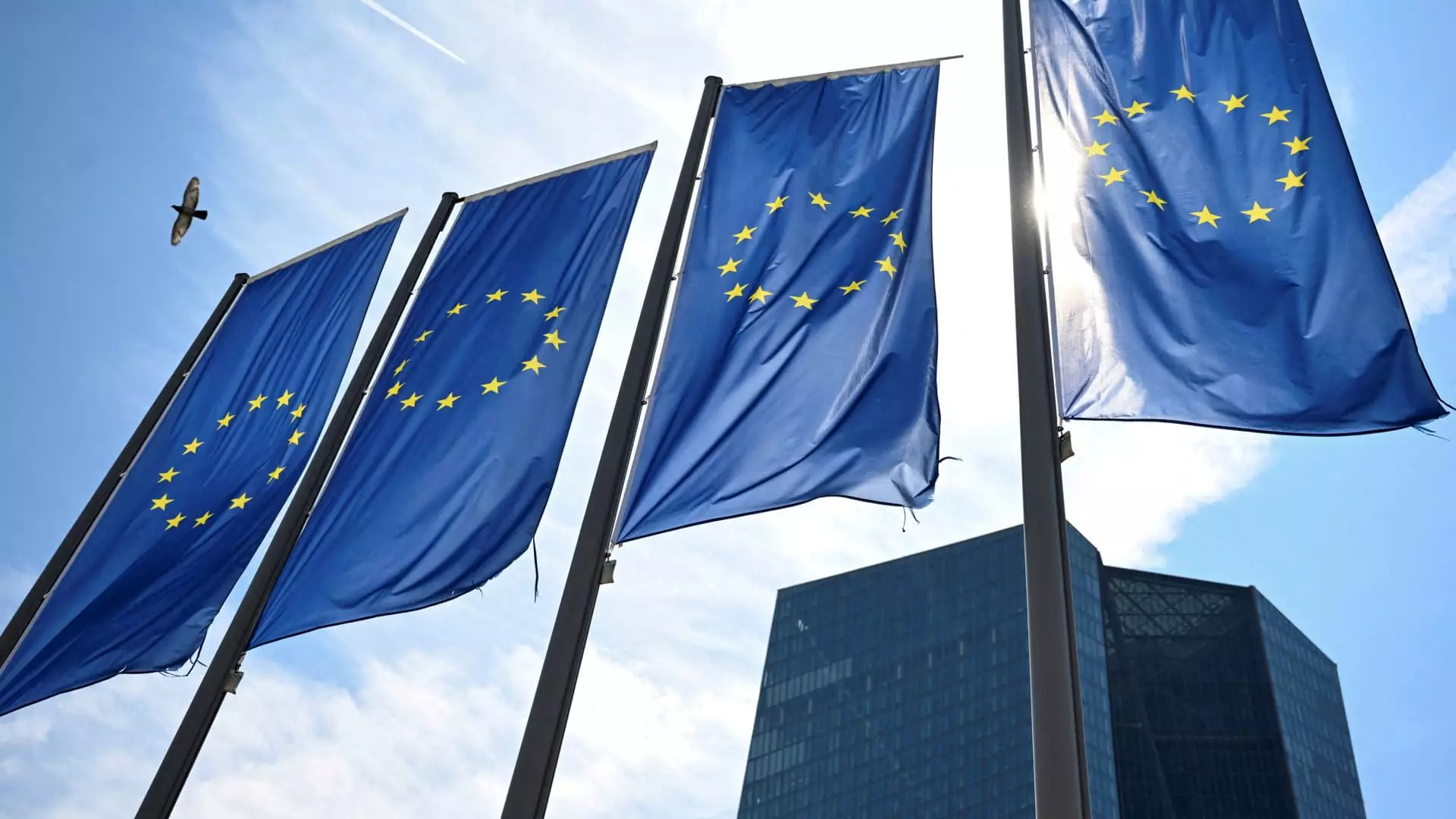With European leaders poised to convene a significant meeting focused on defense investments, the backdrop is dominated by recent pronouncements from U.S. President Donald Trump regarding tariffs on goods from several nations, including Mexico, Canada, and China. While European products currently remain untouched, there is an underlying anxiety within the European Union (EU) about what this might mean for their own trade practices. Trump has been vocal about his perception of Europe’s trade activities, framing them as excessively advantageous to EU nations at the expense of the U.S. The specter of impending tariffs casts a long shadow over the EU’s discussions.
The EU’s trade relationship with the United States is complex and characterized by reciprocal exchanges. As of 2023, the U.S. has emerged as the EU’s most substantial export market, a position shaped by Europe’s provision of vehicles and pharmaceuticals. On the flip side, the U.S. supplies the EU with essential resources, chiefly oil and natural gas. This interdependency makes the threat of tariffs particularly delicate; the EU stands to lose not just economically but also in terms of its strategic energy procurement.
In the face of potential tariffs, EU officials have contemplated strategic mitigations. One proposed avenue is an increase in energy purchases from the U.S., aiming to cushion the blow of possible economic retributions. The dialogue among EU leaders is charged with the expectation that Trump’s actions will weigh heavily on their conversations, although no direct, specific discussions about tariffs are anticipated.
The meeting of European leaders is not merely a procedural assembly; it represents a critical juncture for the EU as it evaluates its position amid escalating trade tensions. An official hinted at the likelihood of the U.S. tariffs being a topic of discussion, suggesting that the leaders are acutely aware of the shifting landscape. Trump’s earlier assertions of a $300 billion trade deficit with the EU have resonated deeply, agitating concerns about future retaliatory measures.
Given the delicate nature of transatlantic relations, the atmosphere of the meeting is expected to be tense. Some leaders may bring up the topic of tariffs, advocating for a united EU response to what they perceive as protectionist measures from the United States. However, the nature of each nation’s defense budget and reliance on U.S. trade complicates these discussions, as countries weigh their responses to Trump’s provocations.
In anticipation of escalating trade tensions, the EU has been fortifying its position. A spokesperson from the European Commission articulated a clear sentiment—that low tariffs bolster economic stability. They emphasized the EU’s readiness to respond decisively to what they characterize as unfair or arbitrary tariffs imposed by the U.S. This reflects an internal consensus that while engagement is necessary, the EU must also prepare for the possibility of a trade confrontation.
The call for the EU to enhance its liquidity especially through energy purchases signifies a shift in strategy. It acknowledges that while negotiations remain valuable, the political landscape is increasingly fraught with the potential for conflict. A senior diplomat’s insight on the difficulty of avoiding escalation underscores the fragile state of EU-U.S. relations.
As European leaders prepare for their discussions, the confluence of defense funding necessities and the looming threat of U.S. tariffs sets the stage for a potentially transformative meeting. The ability of the EU to navigate these treacherous waters will determine not only its economic resilience but also its diplomatic relationships on the global stage. In a world where economic interrelations become increasingly intertwined with national strategy, the European Union must balance its internal agenda with the external pressures emanating from the United States. The fine line between cooperation and confrontation is now more critical than ever, as the EU faces the prospect of a trade confrontation with an unpredictable partner across the Atlantic.


Leave a Reply